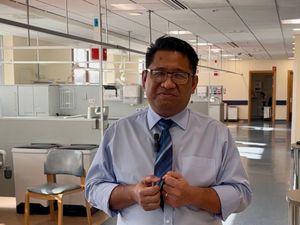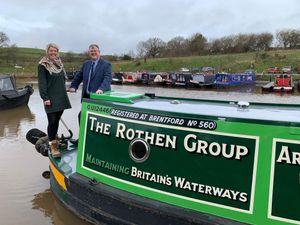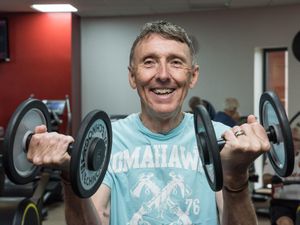National Motor Museum engineers restore Sunbeam’s gearbox which helped to create a Land Speed Record
National Motor Museum engineers have ‘unglued’ the gearbox of Land Speed Record breaker Sunbeam 1000hp - which was built at the Wolverhampton works - to make it run again for its 100th anniversary.
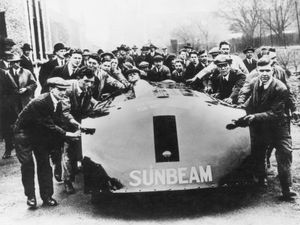
The three-speed gearbox built nearly a century ago for Sunbeam 1000hp to break the 200mph Land Speed Record barrier is being sympathetically cleaned and restored by National Motor Museum engineers.
The unique gearbox was created to turn the rear wheels because Sunbeam’s designer Captain Jack Irving was concerned about running such an immense amount of power through a conventional rear axle. It used drive chains, which glowed red hot during original testing at the Wolverhampton works.
Inside Sunbeam’s giant chassis casing, the three-speed gearbox sat next to Land Speed Record driver Sir Henry Segrave, with the bevel drive behind and spur gearbox in front. The three units are the latest task for the workshop team during the Sunbeam 1000hp Restoration Campaign.
To clean and restore them, they have had to create new, inventive processes. The gearbox and bevel drive, which bolts on to its end, have been gently taken apart and cleaned, with new parts, such as a sealant gasket, being made by hand.
Inside the spur gearbox, the last transmission component, the oil had set like treacle. The unit is having to be soaked for a week in a tank of hot water and detergent solution to ‘unglue’ working parts, before they can be cleaned and restored.
The three units can then be reassembled, ready to go back into the restored chassis. Visitors can see the stripped-down chassis in the National Motor Museum as part of a visit to Beaulieu, while work continues.
National Motor Museum Senior Engineer Ian Stanfield said: “The learning curve has been in taking units apart. Once that’s been completed, we know how to put them back together again.”
He added: “We are where we want to be at this stage of the restoration process and are looking forward to the next challenge of reassembling the rear engine. We are also working on the air starter mechanism, another part of the process which has been complicated by needing to manufacture replacements for so many parts which are missing.”
Sunbeam 1000hp Restoration Campaign was launched with Hampshire-based Brookspeed Automotive and aims to raise £300k to complete the restoration of ‘The Slug’ with the ambition of taking it back to Daytona Beach in Florida for the 100th anniversary of its record-breaking run in 2027.
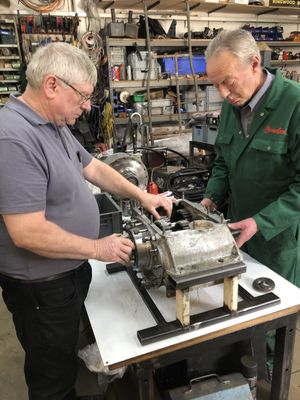
Restoration of the gearbox has shown chipping on the gears where the Land Speed Record-breaking team struggled to get it into second gear on Daytona Beach. For an anniversary demonstration run, there would be no need to take it above first gear, which would take it up to 72mph.
The Sunbeam’s two 22.5 litre engines, which each produced 435bhp, have not run for more than 80 years after corrosion attacked internal workings. National Motor Museum engineers aim to recapture the sounds, sights and smells of what was once the fastest car in the world and help preserve it for future generations.
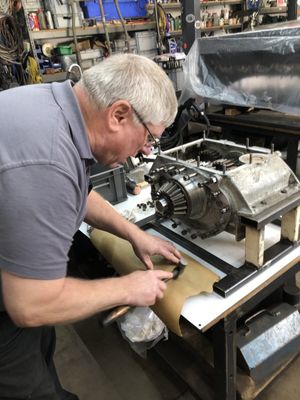
Funds are now needed to turn back the clock and complete the full restoration project. Donations for the Sunbeam 1000hp Restoration Campaign can be made online at nationalmotormuseum.org.uk/sunbeam-1000hp-restoration-campaign.
Sponsors and corporate donors who would like to be associated with the campaign are urged to get in touch by emailing michelle.kirwan@beaulieu.co.uk.
By Jane Riddiford - Contributor

